Answering your Questions:
While it is clear that the internet is indeed developing as an important new tool for broadcasters to use in disseminating their programmes, for the moment it lacks any credible method of delivering programming to a mobile audience. Ignoring connection charges, the need for the user to have a PC, typically with a cost many times that of a radio, and to provide a connection to the internet also means that, as a delivery method, it remains out of reach for the majority of the world’s population. In time this may change, but the internet will for many years, if not forever, be a very inefficient method of delivering programmes to a mass audience. Broadcasters today have to strictly limit their listenership over the internet due to cost elements that scale almost linearly with the number of listeners. The great advantage of broadcasting using radio transmissions is the ease with which a huge number of people can be covered by a one-to-many delivery system. The internet retains its origins as a one-to-one delivery method – not an efficient broadcasting system when audiences in the millions need to be reached simultaneously.
For this reason it can be seen that radio broadcasting will live for many years and possibly forever as an efficient way of connecting content makers with their audiences. It follows that there is considerable value in improving the way in which valuable broadcast spectrum is used. The development of a digital transmission standard which can provide a significant quality improvement whilst using the same amount of spectrum is a valuable investment for all those involved in broadcasting, not least the listener.

















